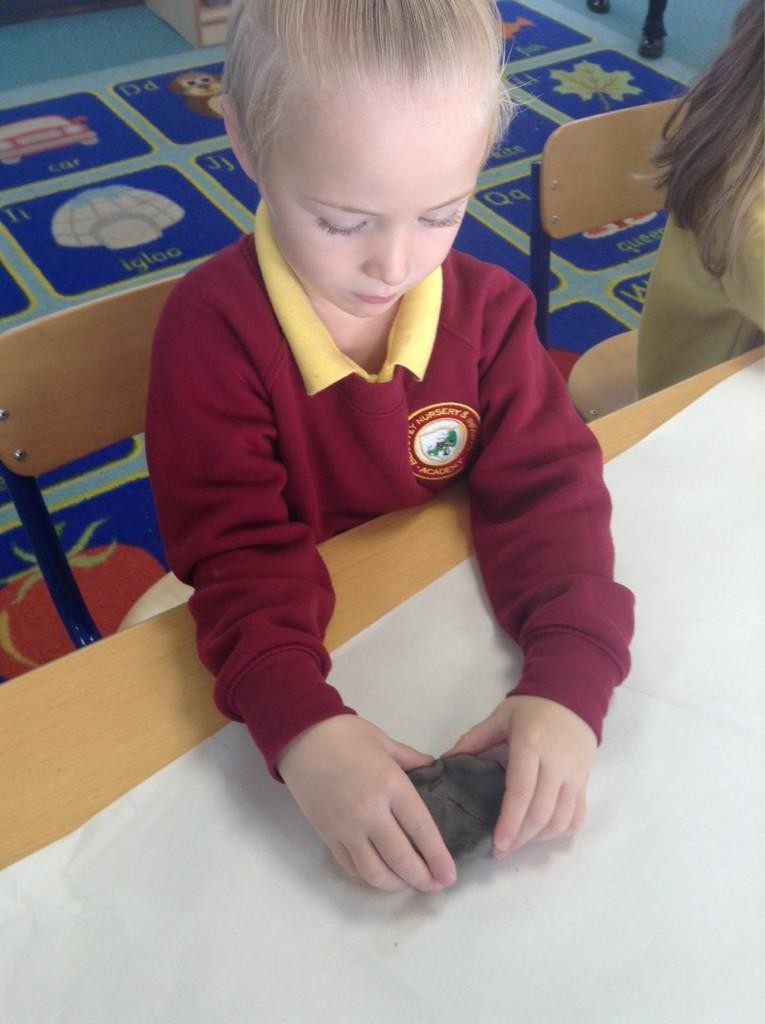Our aim for all our EYFS pupils is to build strong foundations so that they can achieve their full potential academically as well as to achieve socially and emotionally. We aim to provide a range of experiences that build on children’s individual prior learning and place the children's interests at the heart of the curriculum. We aim to understand and follow children’s interests and provide opportunities throughout our EYFS curriculum to support learning, consolidate and deepen knowledge and ensure children meet their next steps.
Early Years Foundation Stage
Share this page







